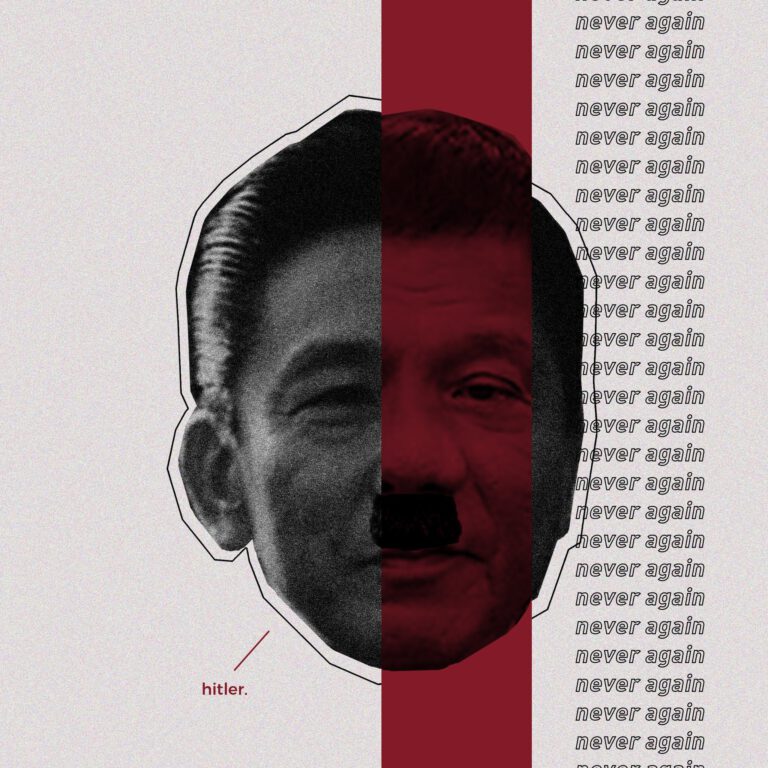
In a press briefing on the 21st of September, President Rodrigo Duterte did what he usually does — praise his lap dogs, attack his critics, and wash his hands clean from the state’s failure to address the health crisis that has plagued the country. Duterte maintained that until a vaccine was available, nothing could be done about the Coronavirus pandemic.
While other nearby countries such as Taiwan, Vietnam, South Korea and New Zealand have managed to minimize the impacts of the Coronavirus, the Philippines has blundered its way from the beginning of the health crisis until today. Among its recent controversies are: the dumping of dolomite sand in Manila Bay for its ‘beautification’, which drew flak from citizens, the opposition and environmentalists alike; and the corruption scandal haunting PhilHealth, the government’s health insurance coverage provider. As Philippine debt has ballooned to beyond $81 billion, the social amelioration promised by the state has hardly reached the poor while unemployment has hit an all-time high with 14 million Filipinos out of work in July, according to independent think tank Ibon Foundation.
The health crisis, its economic impact, and the government’s blundering response has certainly fomented discontent. The intensification of human rights violations and passage of the Anti-Terror Law amidst the lockdown are hotly contested issues. The drug war and extrajudicial killings have not ceased even during the health crisis, and the regime has maximized the pandemic to implement further repressive policies. At the UN General Assembly on the 23rd of September, Duterte accused people’s organizations of ‘weaponizing’ human rights.
Just a month ago, activists were being murdered by the week. Land reform advocate and peace talks consultant Randall Echanis was stabbed in his house during midnight, and a week later human rights defender Zara Alvarez was gunned down by unknown men. These were not singular incidents, as other activists such as BayanMuna partylist coordinator Jory Porquia and urban poor activist Carlito Badion have died during Duterte’s draconian lockdown.
These activists have been staunch defenders of national sovereignty and human rights, and critics of the Duterte administration’s neoliberal agenda. By framing them as terrorists, the state legitimizes attacks on dissenters and allows its imperialist masters ease of entry in the country with minimal resistance. Duterte’s subservience to imperialism is further corroborated by the amnesty granted to Pemberton, a few months after backpedaling from the abrogation of the US Visiting Forces Agreement, and his glaring indulgence of Chinese economic interests.
The month of September saw a wave of protests in the Philippines as individuals and organizations condemned Duterte’s strongman rule, the escalation of extrajudicial killings, the exacerbation of the economic crisis and the state’s neglect of the health sector.
On September 21st, the anniversary of the declaration of Martial Law, people’s organizations all over the world joined the Philippine protests in solidarity by marching in front of Philippine embassies in the US, Canada, the Netherlands, France, Guatemala, Bolivia, and others. The European Union has passed a resolution urging the Duterte government to address the alarming climate of repression in the country.
Here’s why the government’s response is not enough: dolomite sand is not the solution to the health crisis. Kowtowing to imperialist masters tramples on national sovereignty. Corruption within state agencies and inaccessible public services will not do. Appalling murders and brazen attacks on the poor should not persist. When those who are being slaughtered are persecuted for relying on the law that is supposed to protect them, to whom do they turn to?